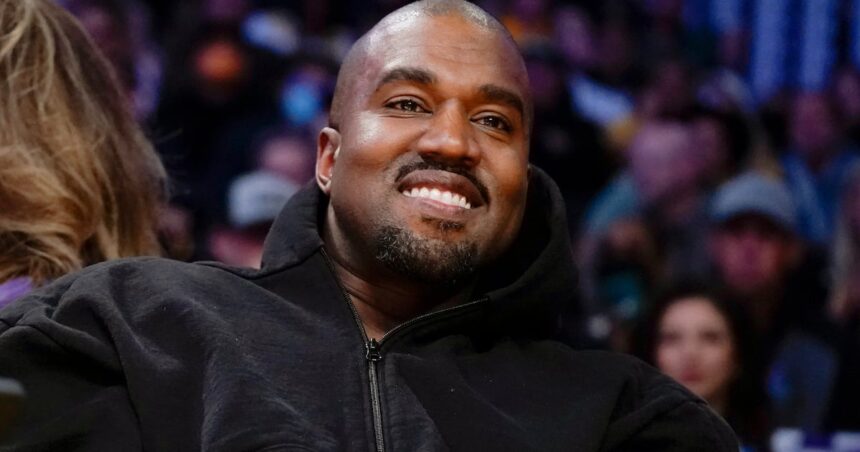The abrupt cancellation of Kanye West’s highly anticipated Seoul concert has sent ripples through Toronto’s substantial Korean-Canadian community and local music scene this week. The controversial American rapper’s South Korean show, scheduled for next month, was officially axed by organizers citing his history of antisemitic comments and ongoing controversies.
For Toronto-based K-pop enthusiast Sarah Kim, the news came as a relief. “Many of us in the Korean community here have been following this situation closely,” she told me during our conversation at a North York cultural center. “There’s been significant pressure from both international and Korean advocacy groups to reconsider giving West this platform.”
The cancellation follows mounting criticism from the Korean Jewish community and human rights organizations who voiced concerns about West’s past statements. South Korea’s small but vocal Jewish community, numbering around 1,000 people, had been particularly vocal in opposition to the planned performance.
Toronto concert promoter Daniel Weinstein believes the situation reflects a growing trend in the entertainment industry. “We’re seeing more venues and organizers conducting deeper background research before booking controversial artists,” he explained. “The financial risk of last-minute cancellations and public backlash is substantial.”
The concert was initially planned as part of West’s comeback tour following years of erratic behavior and controversial statements. His antisemitic remarks, including praise for Hitler and Nazi Germany, have cost him numerous business partnerships and severely damaged his once-sterling reputation in the music industry.
According to data from LiveNation Toronto, international artist cancellations due to public pressure campaigns have increased nearly 40% over the past three years. This trend reflects changing expectations from audiences, particularly younger concertgoers who increasingly consider an artist’s political views and public statements when purchasing tickets.
West, who legally changed his name to Ye in 2021, has maintained a complicated relationship with his fanbase. Toronto music journalist Elena Mikhailov notes that “despite the controversies, West retains a dedicated following who separate his artistic contributions from his personal views. But for venues and promoters, that distinction is becoming increasingly difficult to maintain.”
The Seoul cancellation came just days after South Korean President Yoon Suk Yeol condemned antisemitism during a Holocaust remembrance event, stating that “history has taught us that discrimination and hatred toward specific races or religions can lead to tragic consequences.”
For Toronto concert venues, the situation serves as a cautionary tale about balancing artistic expression with social responsibility. “We’re constantly evaluating not just the commercial viability of performers, but also the potential community impact,” explained Jordan Richards, programming director at a major Toronto performance space. “It’s no longer simply about selling tickets.”
The controversy has sparked discussions within Toronto’s diverse music community about where to draw the line between an artist’s personal views and their professional work. Local hip-hop producer Marcus Williams believes there’s no easy answer. “Artists have always been provocative and pushed boundaries,” he said. “But there’s a difference between artistic provocation and harmful rhetoric.”
Toronto Rabbi David Goldstein praised the decision to cancel the Seoul concert, telling me, “Free speech doesn’t mean consequence-free speech. When someone repeatedly uses their platform to spread hatred, organizers have every right to reconsider providing them additional stages.”
As the story continues to develop, Toronto concert promoters are watching closely, recognizing that similar controversies could easily impact scheduled performances in our city. With several major international tours planning Toronto stops this summer, the West cancellation serves as a reminder of how quickly public sentiment can shift in today’s interconnected world.
Whether West will face similar cancellations in other markets remains to be seen, but the Seoul decision suggests a potential turning point in how the entertainment industry responds to controversial figures, regardless of their star power or commercial appeal.







